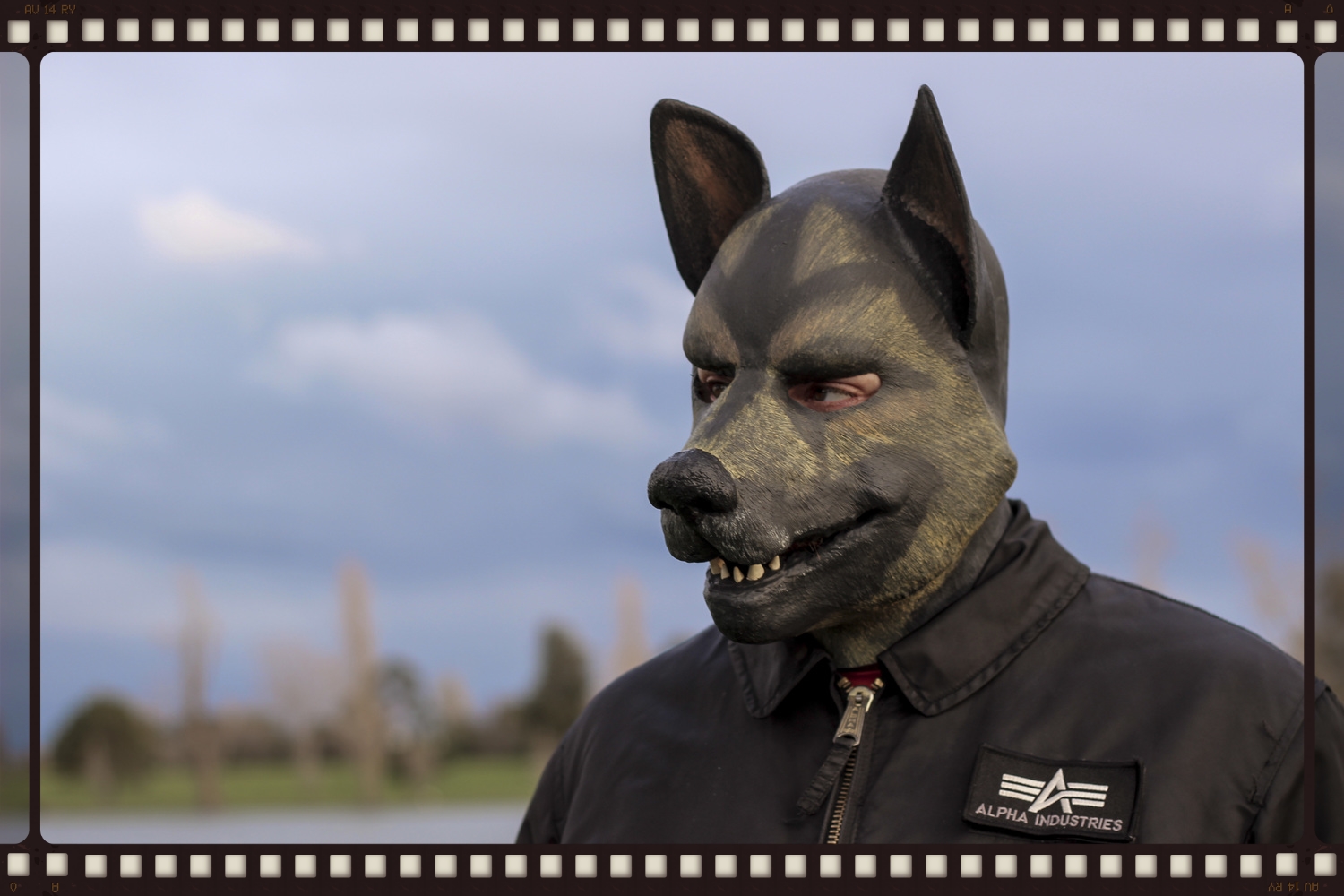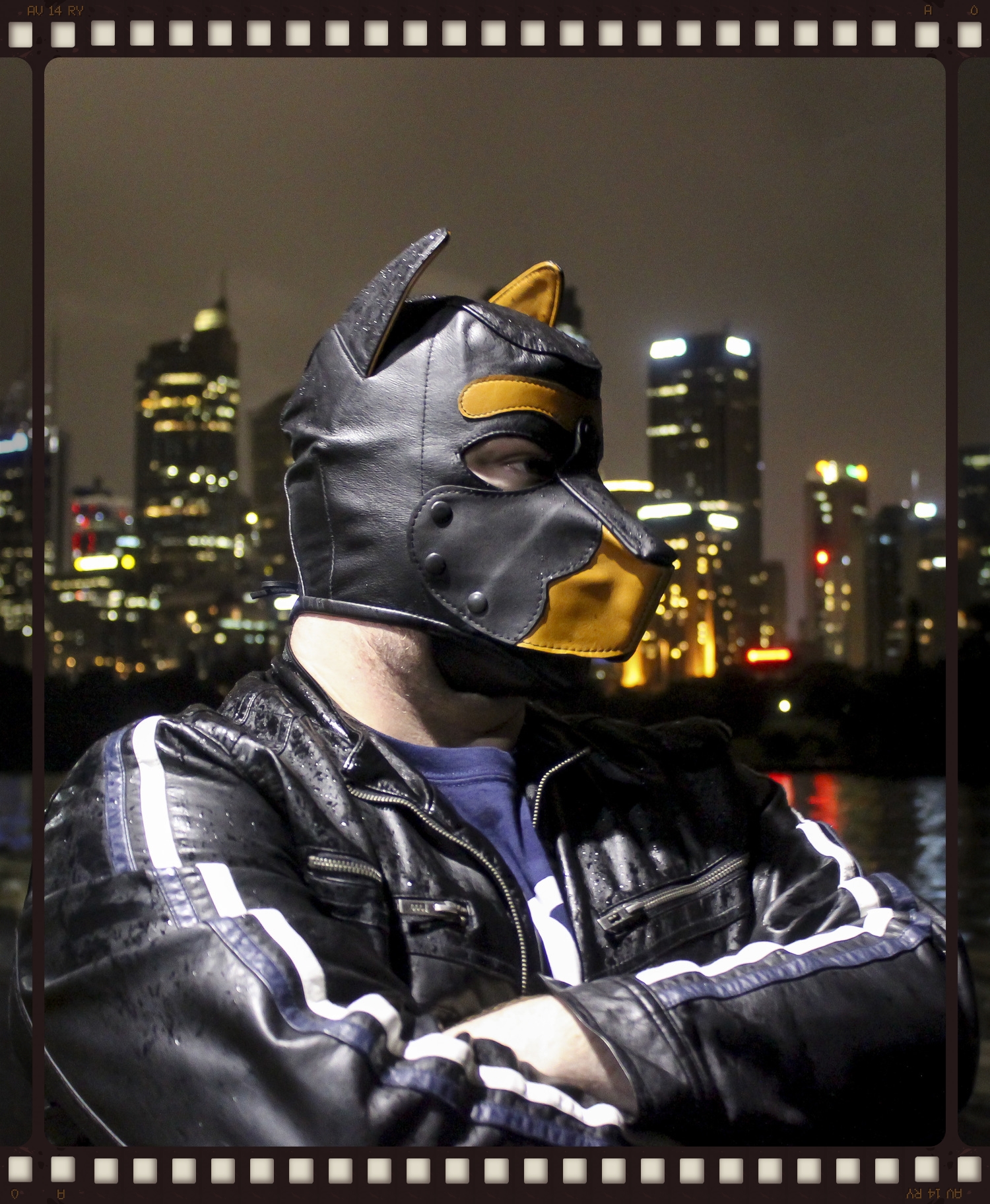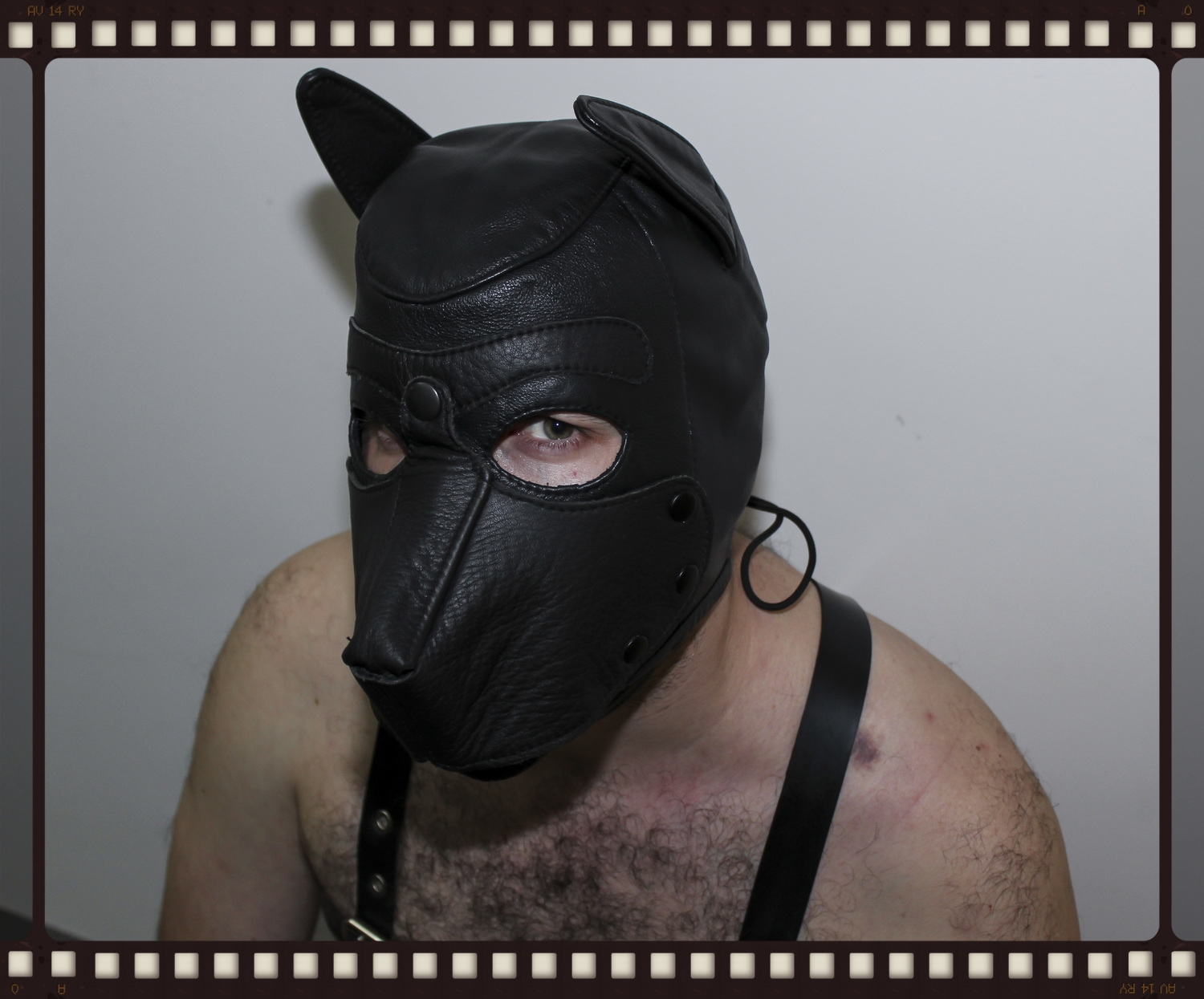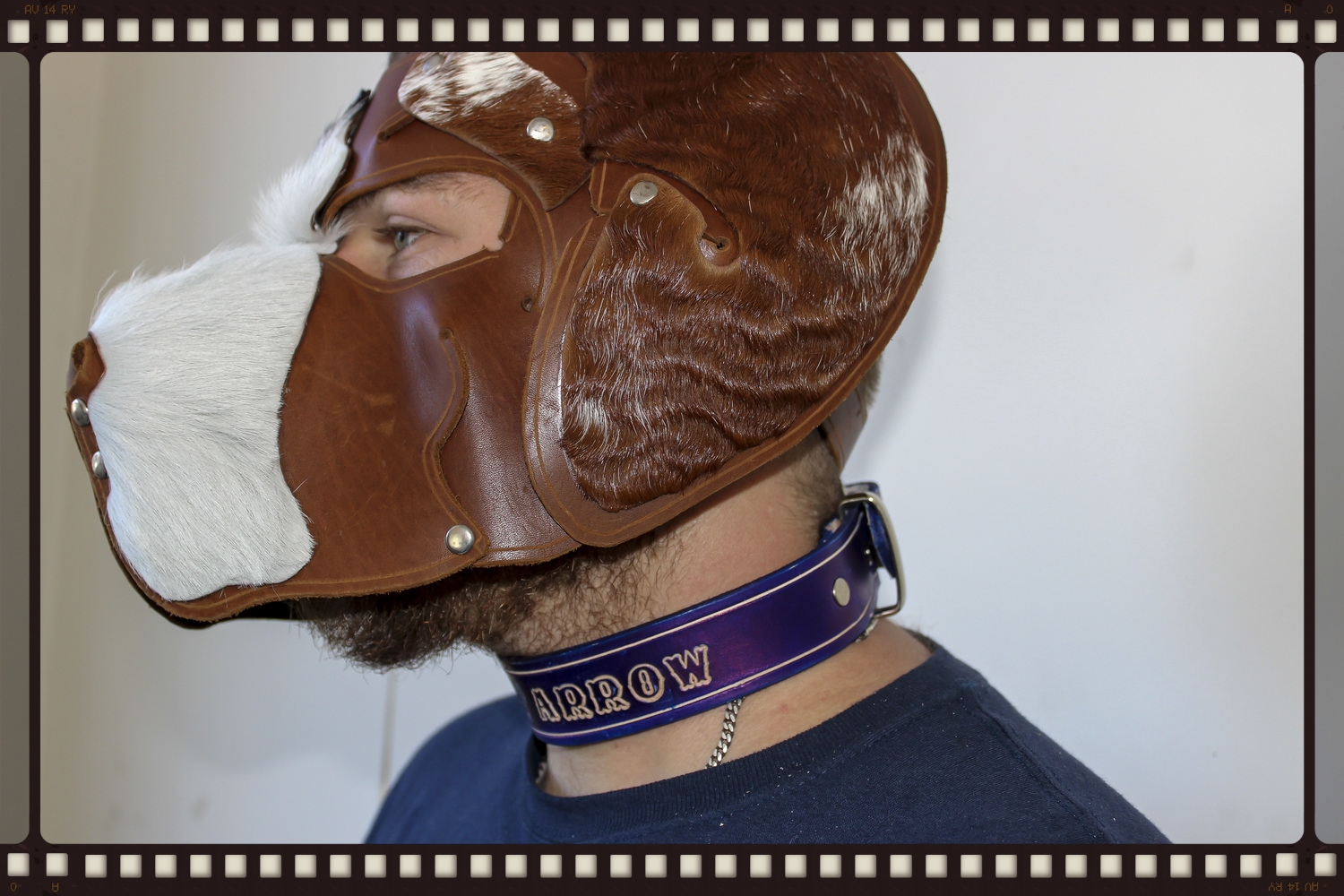Bravery
A conversation with a great pup in the south east USA prompted me to write this post. I have witnessed many pups are not pursuing human pup play simply to roll about and be silly, nor just to fuck in gear. For some, it goes much deeper. It is about expressing themselves. And that is a brave act. Yet not many pups are being applauded for being brave.
Bravery is the ability to do what needs to be done despite fear. A pup doesn't usually demonstrate bravery in the field of battle. More often he shows it by resisting peer pressure regarding a morally questionable shortcut. For example, it would often be easier to take drugs and fantasise in the privacy of your own home and pretend to be a pup. It might also be considered preferable by some as it would spare onlookers and the world having to witness such out of the ordinary behaviour as seeing an adult parade about in a dog mask and wagging a tail from their butt. A pup is brave by doing the unpopular but correct thing. The right thing for them. Expressing their inner pup self openly and honestly. And by being brave, the pup feels good by doing the right thing. The morally questionable shortcut of fantasy doesn't give a pup confidence and self esteem.
The world is full of things that can make us afraid; by being brave a pup can overcome the physiology of fear, with its adrenalin stress and anxiety thinking, to feel fulfilled and proud. The act of wearing that hood, of declaring you are a pup to the world in any way, is a brave one. It is an act to defy social convention on what normal human expression is. It is as radical as gender change in that it makes most people uncomfortable, as it challenges their perception of what human expression is.
Sometimes cynics call brave acts foolhardy. When a person doesn't know the consequences of the act, making no judgement, understanding no risk, it is indeed foolhardy. A pups bravery can be seen by the action of a man willing to become a pup. Risking known public censure and scorn, he takes on the hood and tail and places himself in another's hands to explore his pup self. Most people write off the brave act and ignore it to focus on what they identify as the act of submission. Being a pup is more than that. It is showing you have a pup self to another, and braving the consequences.
Once seen this way, a pups bravery, can help others outside the experience see human pup play in a more positive light. The courage a person shows in becoming their pup self can be a value that inspires others to feel freer to do the things they wish to but have held back from because of fear. The pup can be a hero and not just a curiosity.
Yet it is really on a deep inner and personal level that bravery and human pup play walk hand in hand. From birth we are conditioned by everyone around us to be our "selves", which more accurately could be said to be the "selves" which are socially acceptable to our world. a pup dares to create a new "self", finding a new expression of what is in them. It is not acting a role to please an audience. That can be left for the submissive in a hood. In a revolutionary act to human self, a pup is becoming a pup to reveal and be himself, another "self" that is is his own unique manifestation. The bravery needed to do that is real, and internal, as a pup overcomes his own fears and anxieties.
Not only that, but a pups commitment to his Owner and Trainer is a brave act. The human pup bows down and is prepared to be beneficial and serve his master as pup simultaneously sublimates his own human self to create and express his pup self. This pup self is not made by kneeling and fetching for a master. It is created by confronting the very real fears a person has inside. A fear of losing control, of being mocked and ridiculed and shunned, of being in another's power. And the most insidious and difficult fear a pup faces is the fear of annihilation of his human self, of somehow losing identity. Training provides a pathway to forge a new pup self whilst facing these fears, and a pack and other pups in community provide emotional support and serve as icons of bravery in themselves.
My own pups have shown bravery as they pursue training and remain steadfast to developing their pup selves. Being brave can be a continuous act, as a pup doesn't give up on being a pup. I find a Trainer and Owners role is crucial, for the courage contained in the word encouragement is what an Owner and Trainer must do for his brave pup. I applaud and am damn proud to know so many pups in the world. I hope you are too.









